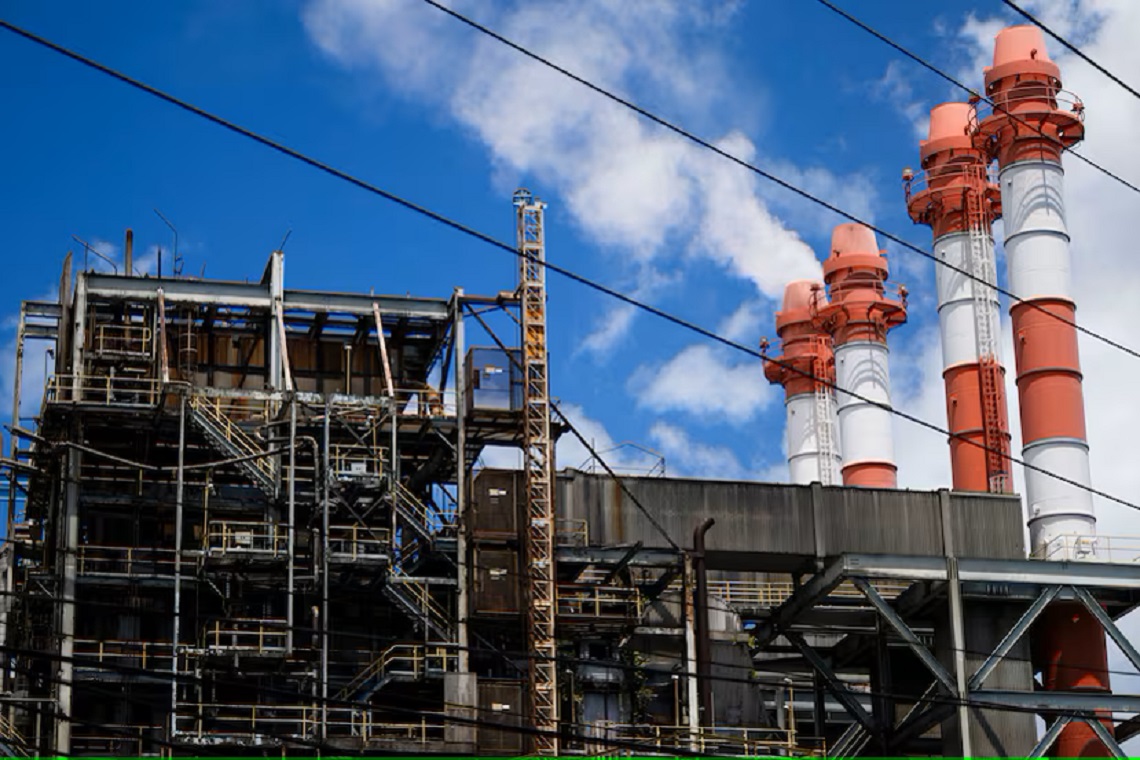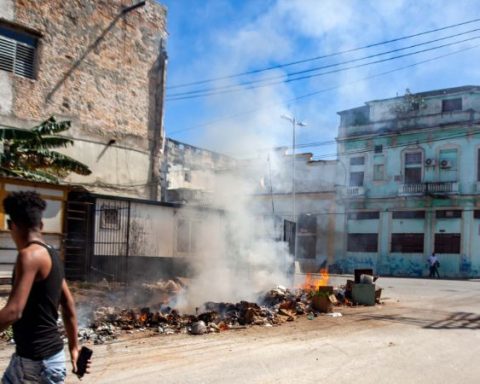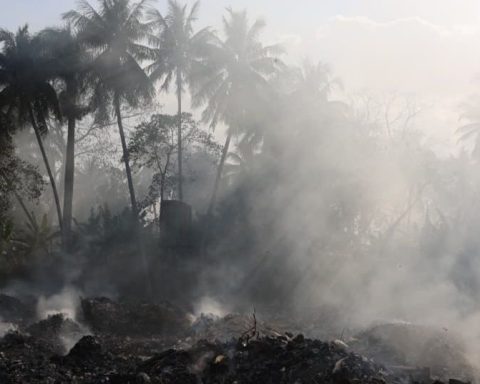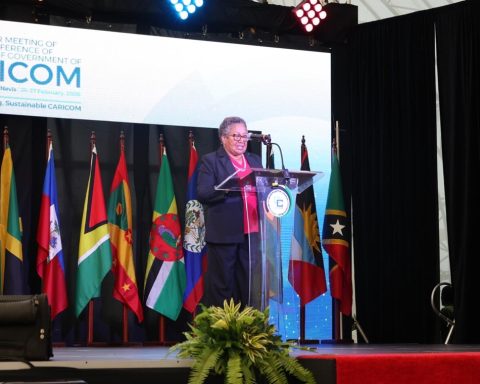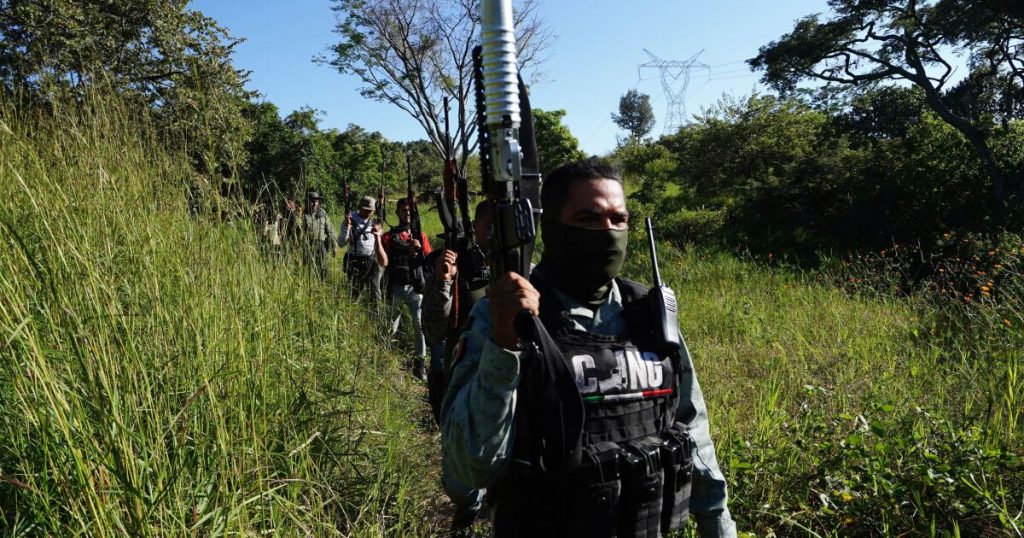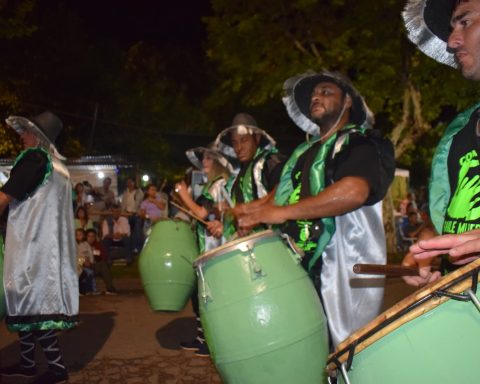A mass blackout left this Wednesday without electricity to more than 1.1 million people in Puerto Rico, affecting approximately 75 % of the island and paralyzing the daily life of the territory, an American protectorate since 1898.
The event was produced by the unexpected and simultaneous departure of all electricity generation plants, a fact that has refloated the fragility and structural crisis of the Puerto Rican energy system.
Causes of the mass blackout
The blackout began around 12:40 pm (local time), when all generating plants, both public and private, stopped operating simultaneously.
Luma Energy, a company in charge of the transmission and electrical distribution, together with generates PR, responsible for the operation of the plants, confirmed that the specific cause is still under investigation, but that the event was due to an “unexpected output of all generation plants.”
This total failure of the electrical system generated a blackout at the level of the entire island territory, and affected key municipalities such as San Juan, Bayamón, Ponce, Mayagüez, Arecibo, Caguas and Carolina.
Hurricane Maria and its unattended consequences
Collapse is not an isolated event and it is preceded. Since Hurricane Maria, in 2017, Puerto Rico’s energy infrastructure has remained in critical condition, with obsolete and poorly maintained electrical networks that have caused frequent service interruptions.
The system, which never recovered completely after the hurricane, has suffered multiple massive blackouts such as the one registered on New Year 2025, when a failure in a underground line left more than 90 % of the customers without light and took days to restore the service.
In addition, experts and officials had previously warned the possibility of prolonged blackouts due to insufficient installed capacity to face energy demand, especially in the summer months.
Just one day before the blackout, three American congressmen (Ritchie Torres, Darren Soto and Pablo José Hernández, this last resident commission of Puerto Rico) in a letter cited by the newspaper The New York Times They alerted the federal government about an “imminent crisis of energy reliability” in Puerto Rico.
In the letter, legislators warned that the so -called “island of charm” could face energy shortage for up to 90 days if electricity generation was not reinforced.
https://www.youtube.com/watch?v=-d3tiwpClpq
Criticism of government management and colonial administration
The electrical crisis has generated strong criticisms of the management of local government and the US colonial administration.
The company Luma Energy, which since 2021 assumed the transmission and electrical distribution under a controversial contract, has been indicated by the slowness in the improvements and lack of transparency in the management of the electrical system.
The population has denounced the precariousness of the service, the frequency of the blackouts and the high costs of electricity, which are one of the highest throughout the US territory.
For her part, Governor Jenniffer González-Colón, outside the country for a personal trip during the blackout, was criticized for the lack of immediate and effective communication with citizens.
The absence of clear and timely information generated discomfort and distrust, while the paralysis of traffic lights and the dependence of emergency electric plants further complicated the situation in hospitals, schools and shops of the island, territory of the United States since 1898.
Local political leaders, such as Resident Commissioner Pablo José Hernández, have pointed out that the energy crisis “has been aggravated over the years” and that a long -term comprehensive approach is necessary to solve the problem.
Hernández has promoted the creation of a working group (Task Force) that includes federal agencies, Luma Energy and generates PR to seek structural solutions that avoid future crises.
On the other hand, the Federal Administration has been questioned by its role in the supervision and support of Puerto Rico’s energy infrastructure.
The island, as colonial territory of the United States, lacks full autonomy to manage its resources and depends to a large extent on federal decisions and funds that, according to critics, have been insufficient or poorly directed for the recovery and modernization of the electrical system.
Social and economic impact
The mass blackout affected the daily life of the population in the middle of Holy Week, a period of high social and economic activity.
The power cut paralyzed traffic in the main cities, interrupted the operation of public and private offices, and forced hospitals and shopping centers to depend on emergency generators.
The uncertainty about the time of restoration of the service, which could be extended for days, generated concern for local safety, health and economy.
Many residents have had to invest in portable solar systems and generators to mitigate the impact of frequent cuts, reflecting distrust in the official electrical system.
Merchants and workers have reported significant economic losses due to the interruption of productive activities and damage to electronic equipment.
https://www.youtube.com/watch?v=ktprCVTPZR8
It is not an accident
The former candidate for the Government under the country alliance between the Puerto Rican Independence Party (PIP) and the Citizen Victoria Movement (MVC), Juan Dalmau, said that “Puerto Rico Collapsed.”
“While the entire country suffers a general blackout due to the collapse of generates PR and Luma Energy, Governor Jenniffer González is … on vacation. While the people do not have electricity, she does have it. While thousands of families live in uncertainty, she enjoys the comforts of power,” he said.
According to Dalmau, the generalized blackout is not an “accident”, but the consequence of “years of ignored warnings, of decisions taken for political purposes and not with country vision.”
“From the electoral campaign, and since long, we warn that the privatized energy model, without transparency or planning, was a recipe for disaster,” said the sovereign politician.
